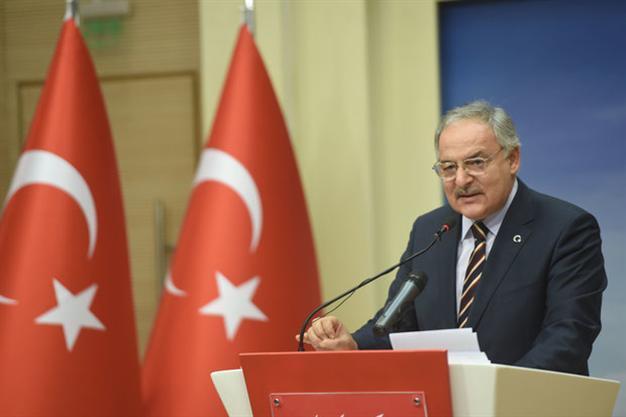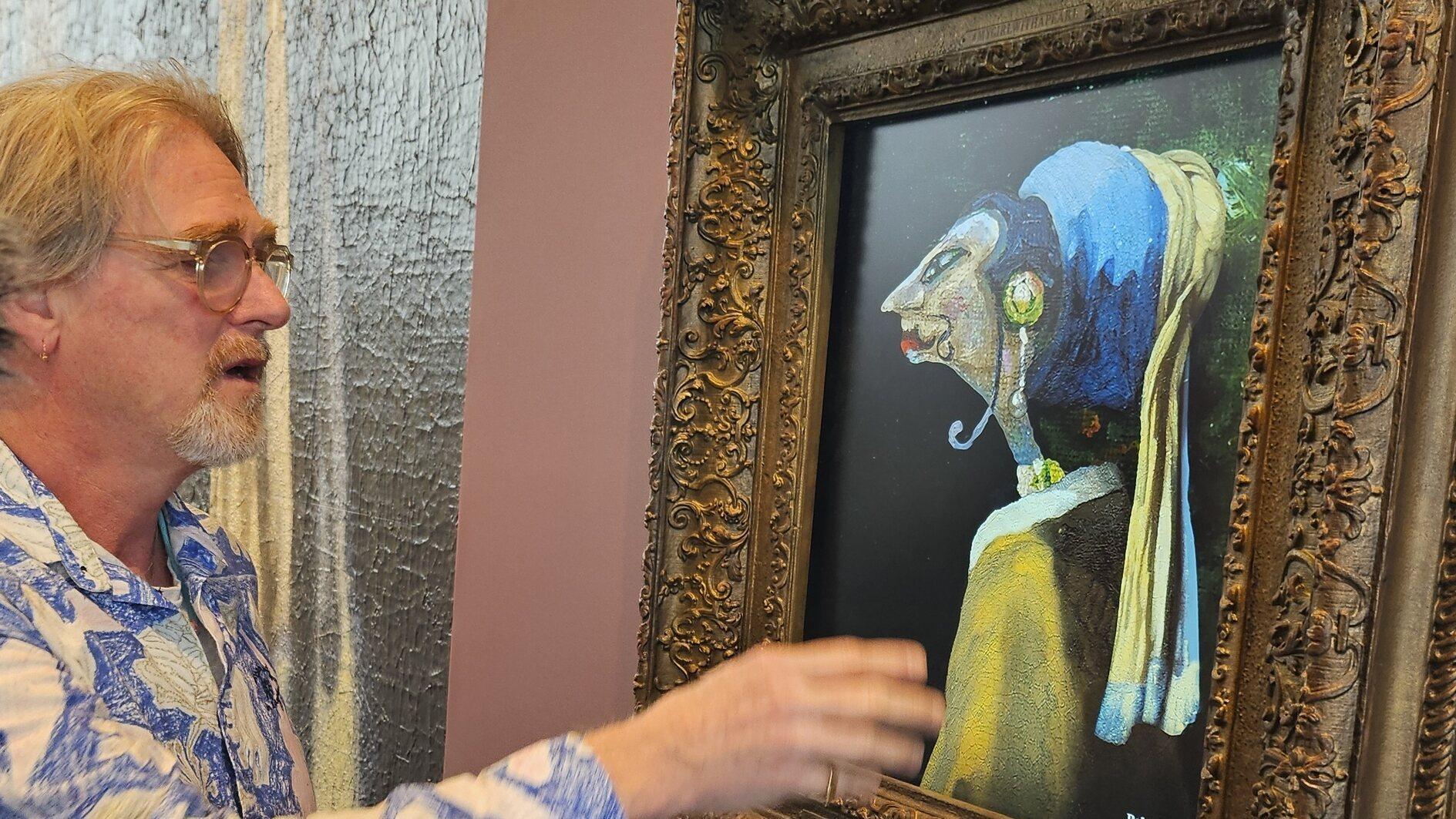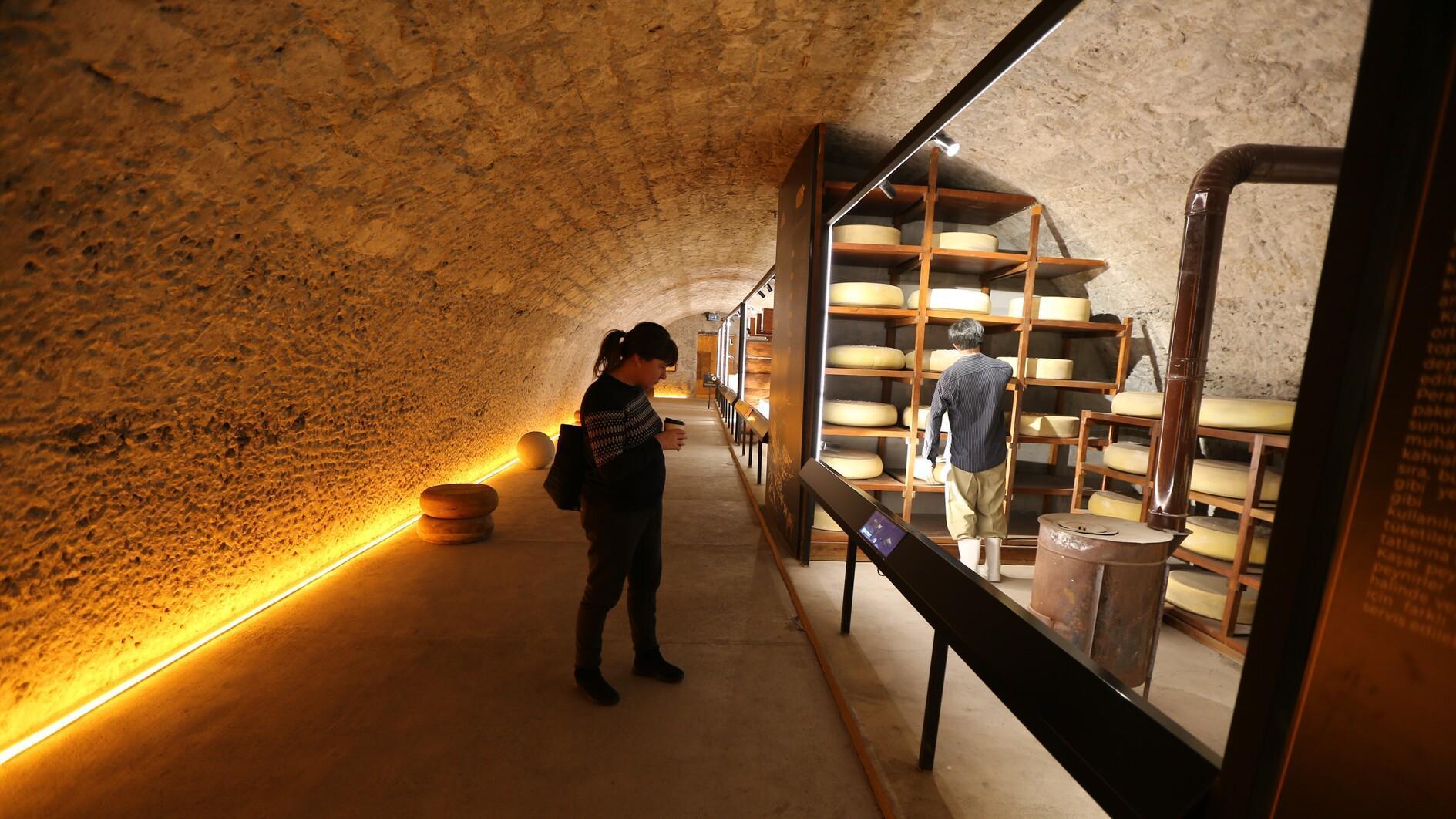CHP reveals 'documents' of collapsed PKK-gov’t talks
ISTANBUL

DHA photo
A leading figure from Turkey’s main opposition party displayed documents during a televised interview on Oct. 22 which he claimed to be identical to a protocol between the Justice and Development Party (AKP) government and the outlawed Kurdistan Workers’ Party (PKK).The documents, also made public by Doğan News Agency, says the then-government promised to ease the release some alleged PKK members in addition to continuing talks and working on draft documents prepared by the jailed PKK leader, Abdullah Öcalan.
“This is a protocol and the text of the accord between the AKP and the PKK,” Haluk Koç, the deputy leader of the Republican People’s Party (CHP), said on CNNTürk.
The party had asked some 14 questions on the AKP-PKK talks but received no answers, he said.
He was referring to dialogue between state officials and the PKK abroad between 2009 and 2011 in a series of meetings publicly known as the “Oslo talks.”
“This agreement text, consisting of a three-paragraph introduction and nine items, was also signed by the representatives of the adjudicator states and was archived at the adjudicator state,” Koç said.
The introduction part of the document says the parties are determined to continue talks and take dialogue and negotiations as the core way to resolving the Kurdish issue within a spirit of democracy, human rights and justice.
Both parties promised to finalize efforts “within constitutional and legal framework.”
They also pledged to comment on three documents submitted by Öcalan.
The document displayed by Koç addresses the PKK leader as “Mr. Öcalan.”
The parties vowed to work on the names to be included in commissions that were to be founded as per Öcalan’s drafts, namely the “Constitution Council,” the “Peace Council” and the “Truth and Justice Commission.”
The Turkish government, according to the document, promised to have two people representing the PKK meet with Öcalan right after the elections, apparently the general elections on June 12, 2011, and have some sub-commission members meet him after the foundation of the commissions mentioned above.
The document also noted that the release of people arrested on allegations of ties to the Kurdistan Communities Union (KCK), the PKK’s umbrella organization, would be an appropriate step to resolution. “In this context, the Turkish side promises to release arrested Kurdish politicians after Nevruz as a first step.
Nevruz, or Newroz for Kurds, on March 21 marks the start of the spring in many countries.
In the document, the parties also promised each other to halt military operations mutually until June 15, 2011, while planning to meet once again in the second half of June 2011.
Koç’s statements came after an exchange of words between his party’s leader, Kemal Kılıçdaorğlu, and AKP spokesman Ömer Çelik.
Çelik swiftly challenged Kılıçdaroğlu to make the documents, which claimed that he personally saw, “within the hour” Oct. 22, but the latter told reporters that it would not be “appropriate” for him to publicize the documents.
The squabble started after Kılıçdaroğlu made remarks during an interview late Oct. 21. “They made promises in Oslo, on İmralı [where Öcalan is jailed]. Why can’t they release the minutes? [The PKK leadership in northern Iraq] says, ‘You made a promise to us, make it public.’ They should make public which promises they gave. There are documents that I saw,” he said.
The talks collapsed after a PKK attack killed 13 soldiers in the southeastern province of Diyarbakır in July 2011.
















